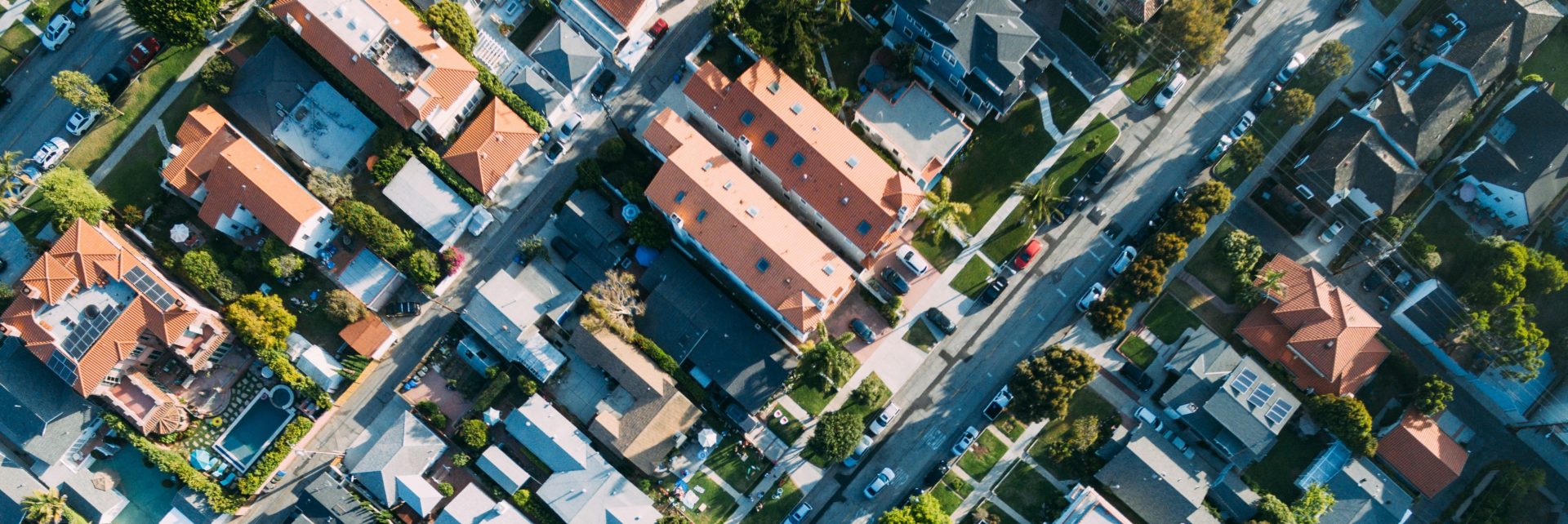Mar 4, 2024 Joel Hernandez
Residential Property Owners Beware
In 2018 the Victorian government introduced the Vacant Residential Land Tax (VRLT) in an apparent attempt to increase the amount of residential property available for rental, and in so doing, ease the housing crisis.
Subject to certain exemptions, this tax imposes a significant cost on residential property investors whose property is unoccupied for more than 6 months in a calendar year (ie the year ended 31st December).
While the tax was initially limited to particular municipalities in metropolitan Melbourne, from 1st January 2024 it has been extended to cover residential property in the whole of Victoria, thus capturing many holiday homes and Airbnb properties.
Currently the tax only applies to residential property on which there is a building, but from 1st January 2026 the VRLT will be extended to unimproved residential land in metropolitan Melbourne which has remained undeveloped for at least 5 years, and is capable for residential development. An exemption will apply for land that adjoins a principal place of residence.
How much is the tax
This tax is based on the Capital Improved Value (CIV) of a property, not just the land value, and the rate of tax increases where the property continues to be unoccupied. The first year that a property is unoccupied for more than 6 months the tax rate is 1% of the CIV. If the tax applies the following year, the rate is 2%, and if the same applies in the third or subsequent years, the rate of tax is 3%. A 1% tax may not seem like much, but on a $1.5m property it amounts to $15,000, which is not insignificant.
Exemptions
Broadly, property will be exempt from this tax if:
- It is exempt from ordinary Land Tax (eg your principal place of residence, property used for charitable purposes, land used for a genuine primary production business). Note that charities will generally not be exempted on residential property that is subject to Land Tax.
- Ownership of the property changed during the year;
- The property became residential during the year;
- The property became residential property during the previous 2 calendar years and ownership is unchanged;
- The property was a holiday home, occupied by the owner or a relative from 1st January 2024 for at least 4 weeks of the calendar year;
- The property was occupied by an owner for the purposes of attending their workplace or business (eg a CBD apartment) for at least 140 days of the calendar year.
Some of the above exemptions require an owner to have a residence in Australia, and at this stage, the holiday home and workplace exemptions above only apply to properties owned by individuals (not Trusts, companies, etc).
There are also exemptions for properties subject to renovation. These are generally exempt for 2 years from the date when the building permit is issued, and are not considered vacant during this period.












